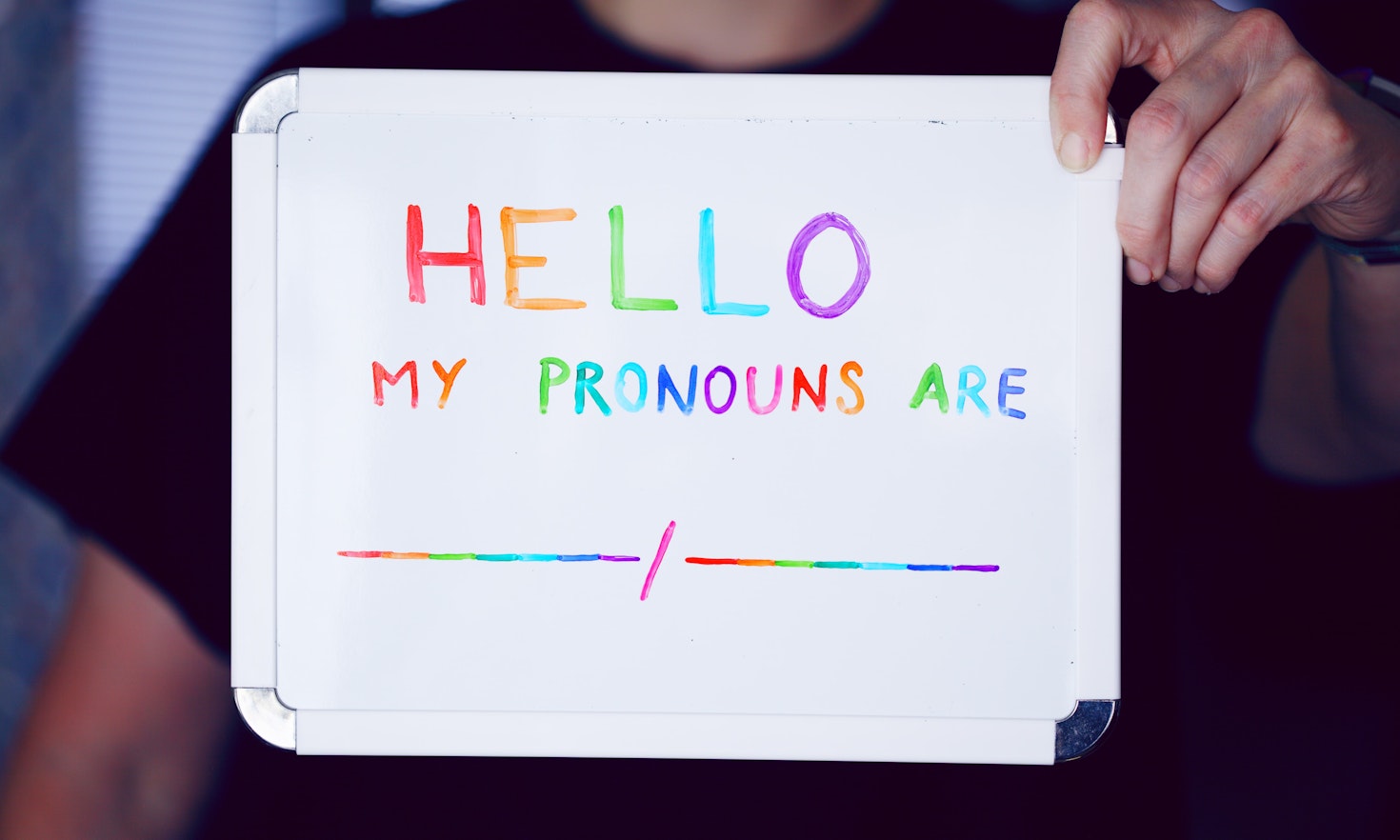Is the singular “they” grammatically correct? How can you know who it refers to?

The singular they can be confusing, even for native speakers of English. However, if you take a closer look, it's not as new and confusing as some critics make it out to be.
Gender-inclusive language has always been a contested issue because it challenges existing gender norms and hierarchies. Some changes, like altering certain job titles (“fireman” / “firefighter”, “mailman” / “mail carrier”) have been accepted without too much of a stir. While perhaps attributable to an increase of women in the workforce, it is undoubtedly a step towards gender neutrality, which benefits everyone, including individuals that lie outside of a binary definition of gender. Recent movements have pushed to increase the scope of gender inclusive language in English, notably through a gender neutral pronoun, the singular “they”.
One of the first criticisms of the singular “they” was that it is grammatically incorrect. However, historians have found numerous instances of “they” being used as a singular pronoun – even Shakespeare did it! So while some grammar aficionados still argue against it, there aren’t actually any grammatical issues. A second major criticism is that it can be “confusing” and difficult to discern between plural and singular use. While this can be true in certain circumstances, it is certainly not a constant. Moreover, this criticism is based on the fallacy that language is never confusing, and that all speakers are always able to perfectly understand everything. But we all know this isn’t true! If you’re watching a movie that only has female characters, and a friend says “Oh, I just love her!”, it’s unlikely you’ll understand immediately, unless you have some mind reading ability (in which case I’d be rather jealous). Most likely, you’ll ask for clarification - “Who?” or “Which one?”. But no one is complaining about the use of “her” as a pronoun and claiming that it causes confusion when it undoubtedly can.
Using pronouns can always cause confusion because they’re placeholders, general indicators taking the place of something specific. But if you’re still concerned about causing unnecessary confusion, here are some tips! Try using the person’s name instead of a pronoun. It may sound repetitive or strange, but it can make things clearer and help you adjust to using the singular “they”. Alternatively, you can specify when talking about a group of people. “They (my friend Jason) are going to the movies with a couple friends. The three of them (the group) love scary movies.” While it is undoubtedly true that the singular “they” can cause confusion, it has nothing to do with it being gender neutral and everything to do with it being a pronoun. Wanna learn more about pronouns and gender inclusivity in the English language? Check out the links below!
More info about different gender neutral pronouns

Tags
Citation
This content is licensed under a Creative Commons Attribution 4.0 International license except for third-party materials or where otherwise noted.

Essere coerenti è importante anche quando si scrive?
 Lorenzo Zanasi
Lorenzo Zanasi
Habe ich nun Vorfahrt, Vorrang, Vortritt oder soll ich doch lieber warten?
 Natascia Ralli
Natascia Ralli
Übersetzen studieren im Zeitalter der maschinellen Übersetzung: Ist Deutsch eine Option?
 Sandra Nauert
Sandra Nauert